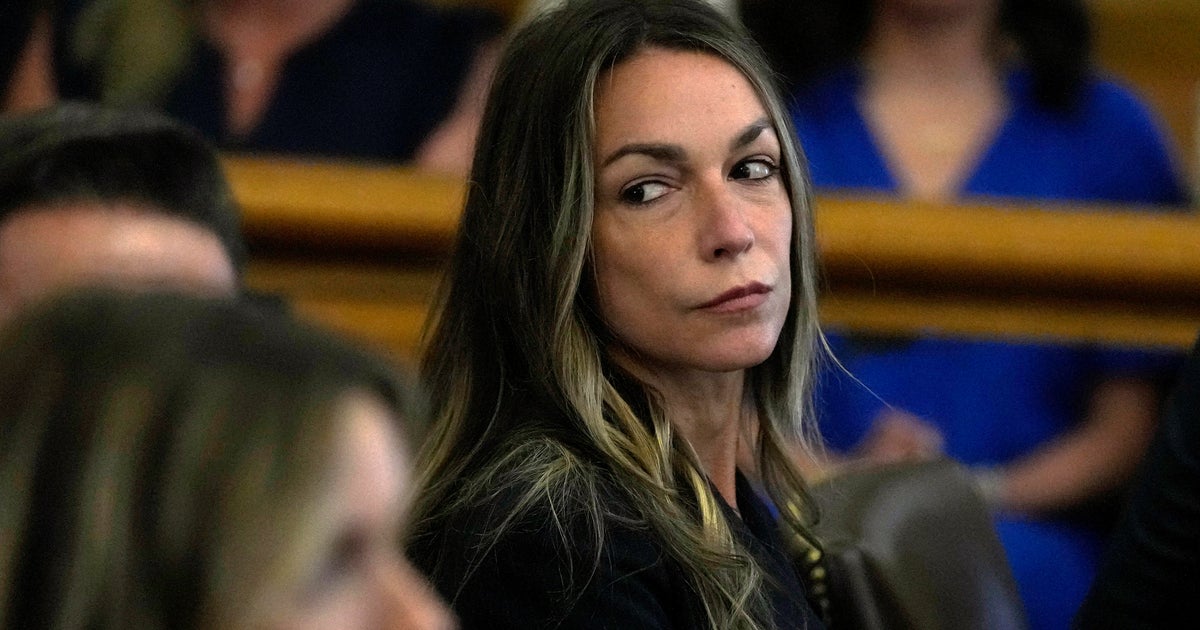
The Karen Read murder trial, which began on June 24, 2024, in Norfolk Superior Court in Dedham, Massachusetts, has reached a critical juncture as the jury reportedly signaled that they are deadlocked and unable to reach a unanimous verdict. The jury has been deliberating since Tuesday and was expected to deliver their decision on Thursday. However, after receiving a note from the jurors stating that they were unable to decide, Judge Beverly Cannone instructed them to continue deliberations.
Karen Read is on trial for three charges in the death of her boyfriend, Boston Police officer John O'Keefe on January 29, 2022 - second degree murder, manslaughter while operating under the influence of alcohol and leaving the scene where there has been personal injury and death. The jury had to weigh evidence presented by both sides in order to reach a verdict.
The defense team for Read argued that others have colluded to frame her for O'Keefe's murder, while the prosecution alleged that Read killed O'Keefe by backing into him with a car and leaving him to die. The jury had been deliberating since Tuesday, but after several days of intense deliberations, they reportedly signaled that they were deadlocked.
The trial has attracted national attention and daily protests outside the courtroom from both sides. Some people believe that Read is innocent and being framed by law enforcement families. Others believe that O'Keefe was a victim of a senseless act of violence.
Growing up in Blacksburg, Virginia, and Taunton, Massachusetts, Read attended Coyle & Cassidy, a now-closed private Roman Catholic school. She earned undergraduate and master's degrees in finance at Bentley University. Before the trial, Read had a successful career as a financial analyst and adjunct professor at Bentley College.
The jury was instructed to continue deliberating on Friday after receiving the note from the jurors stating that they were deadlocked. The trial is expected to resume next week.



